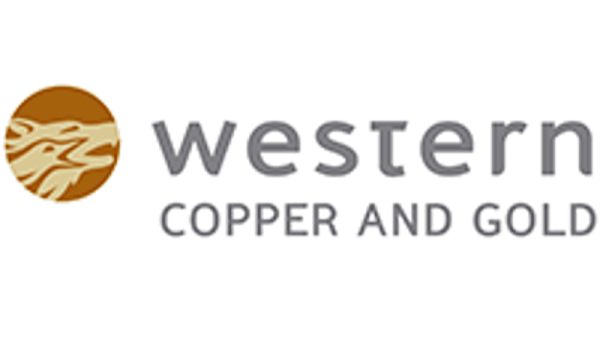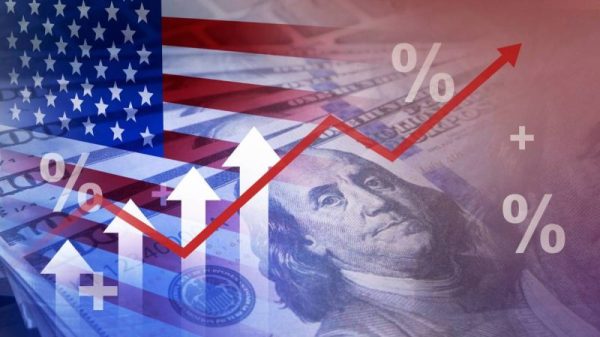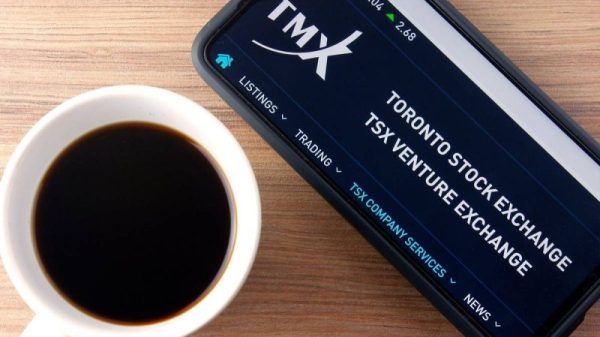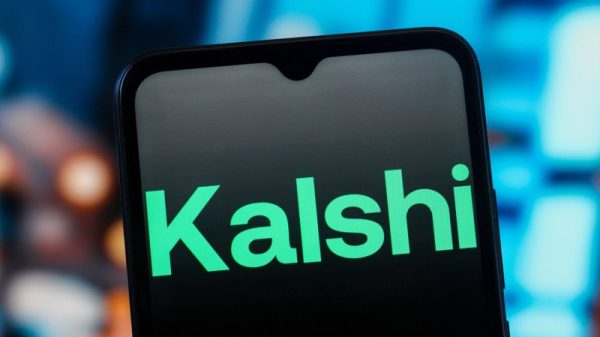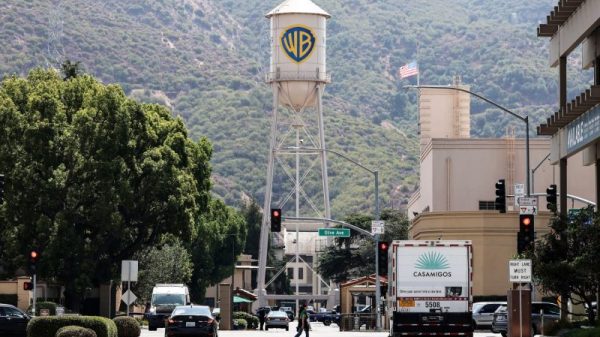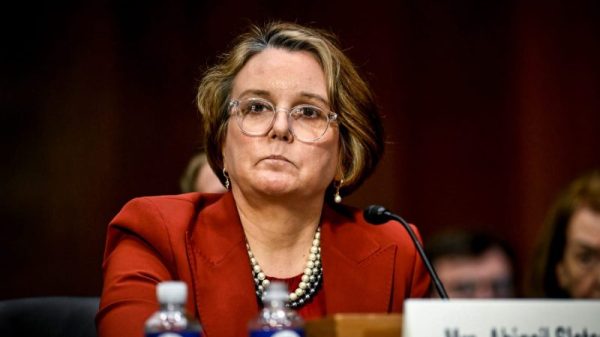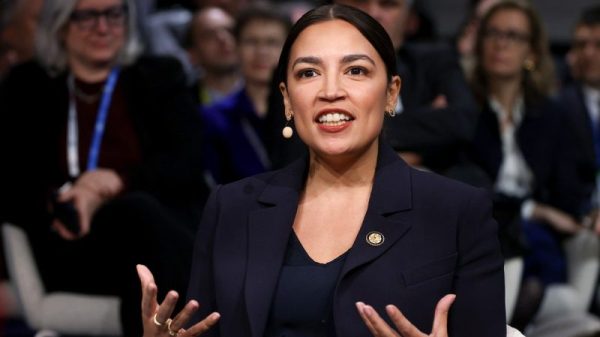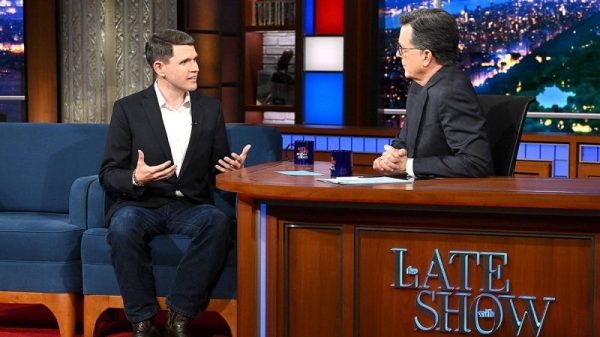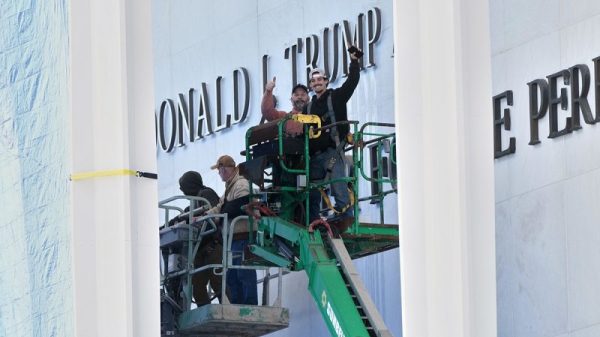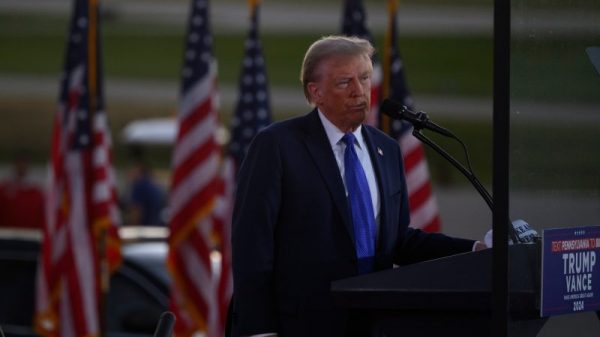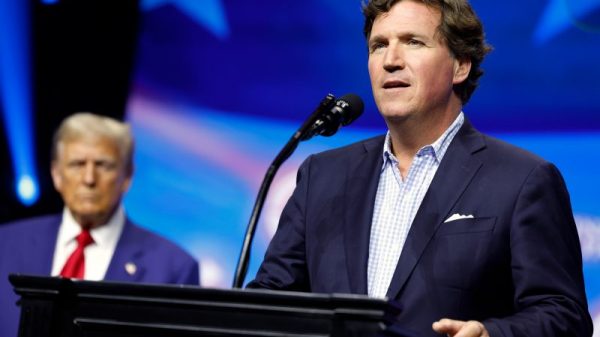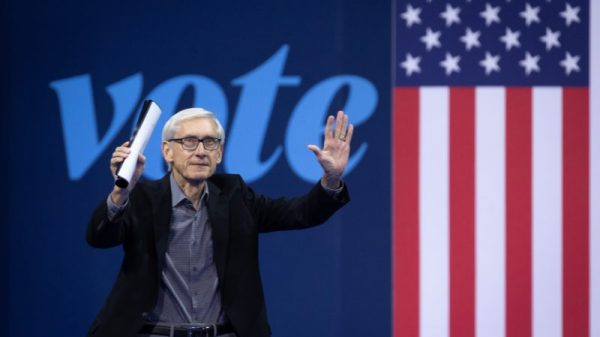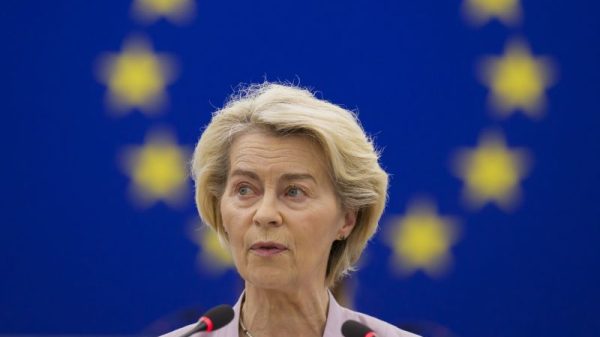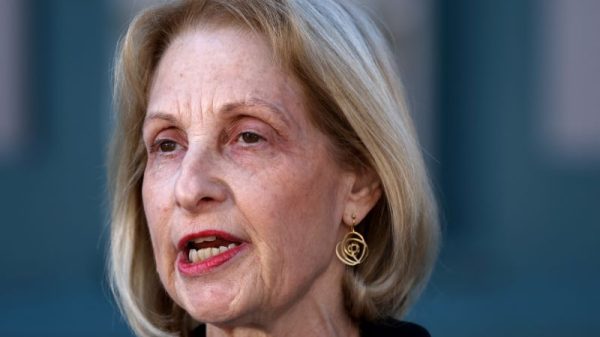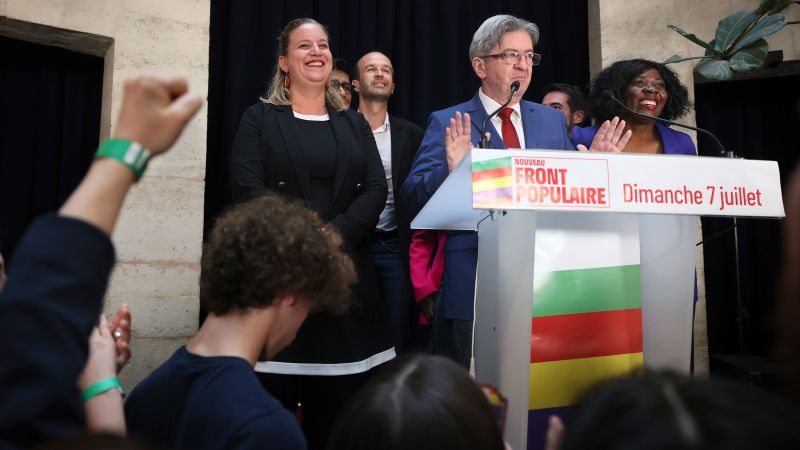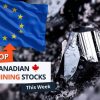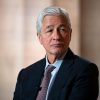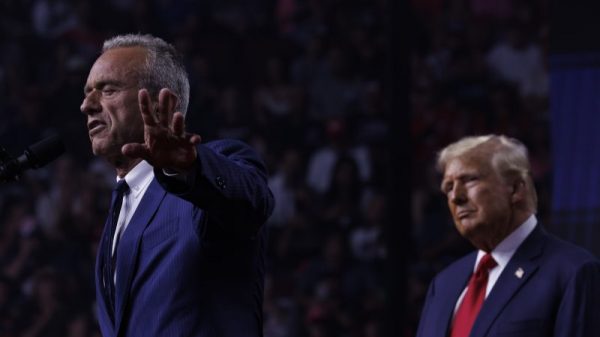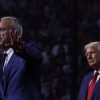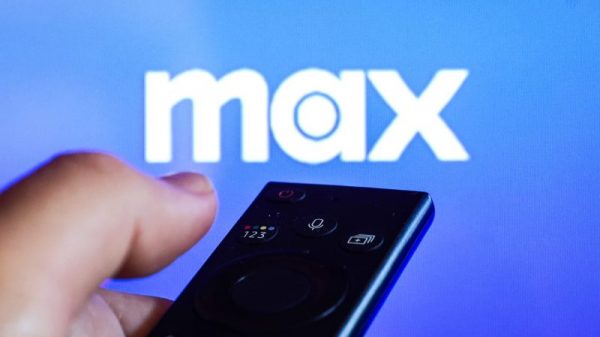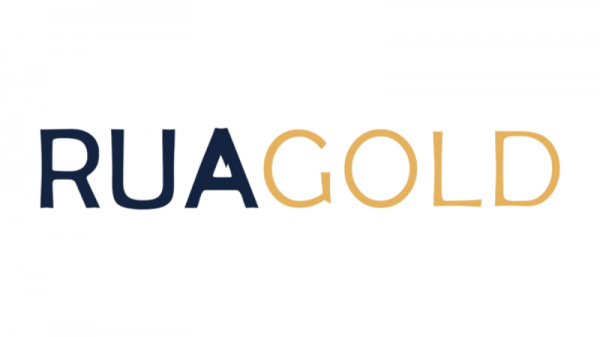A month ago, the New Popular Front (NFP) did not exist. Now, it has won the most seats in the French parliament and could provide France with its next prime minister.
The left-wing coalition chose its name in an attempt to resurrect the original Popular Front that blocked the far right from gaining power in 1936. Official results released early Monday show the NFP has done so again — winning 182 seats in the National Assembly, making it the largest bloc but short of an absolute majority, according to the French Interior Ministry.
But the hastily assembled coalition comprises disparate political parties that have not always played nice. And it has campaigned on a platform of high public spending that has spooked financial markets and could tip France into economic chaos.
So, what is the NFP, what does it stand for, and who are its key players?
Who are the NFP?
The NFP is made up of several parties: the far-left France Unbowed party; the more moderate Socialist Party; the green Ecologist party; the French Communist Party; the center-left Place Publique, and other small parties.
It formed just days after President Emmanuel Macron called a snap parliamentary election, in the wake of his centrist party’s embarrassing defeat to Marine Le Pen’s far-right National Rally (RN) party in last month’s European Parliament election.
“Following his side’s defeat at the European elections, Emmanuel Macron has opted for a gamble at a time when the far right is at its most powerful, running the risk of seeing it come to power for the first time since Vichy,” Socialist leader Olivier Faure said last month, referring to the French government that collaborated with Nazi occupiers during World War II.
“Only a united left can stand in its way,” he said.
Who’s in charge of the NFP?
It’s hard to say. Each party celebrated the results at their own headquarters and separate campaign events, rather than together. Going into the second round, it was not clear who the coalition would nominate to be its prime minister.
Its most prominent – and divisive – figure is Jean-Luc Mélenchon, a 72-year-old populist firebrand and longtime leader of the France Unbowed party.
France Unbowed is the largest single party within the coalition, winning 74 seats in Sunday’s vote ahead of the Socialists on 59 seats.
With France now facing a hung parliament it remains unclear who the next prime minister will be. Figures in Macron’s Ensemble party have repeatedly said they would refuse to work with France Unbowed, saying it is just as extreme – and therefore as unfit to govern – as the RN.
Announcing his intention to resign Monday as prime minister, Gabriel Attal said, in an apparent swipe to France Unbowed: “No absolute majority can be led by the extremes. We owe it to the French spirit, so deeply attached to the Republic and its values.”
Mélenchon’s three presidential campaigns have been beset by accusations of antisemitism. In a recent survey of French Jewish voters by Ifop, 57% said they would leave France if Mélenchon’s party were to govern.
A more acceptable face of the coalition could be the Socialist Faure, or Raphaël Glucksmann, the moderate leader of Place Publique and a member of the European Parliament.
What are the NFP’s policies?
On foreign policy, the NFP has pledged to “immediately recognize” a Palestinian state, and will push for Israel and Hamas to cease fire in Gaza.
The NFP campaigned on an expansive economic platform, promising to raise the minimum monthly wage to 1,600 euros (more than $1,700) and to cap the price of essential foods, electricity, fuel and gas.
It also pledged to scrap Macron’s pension reform, a deeply unpopular policy that raised the French retirement age – one of the lowest in the Western world – from 62 to 64.
While these pledges have proved popular, they have been made at a time when France could be heading for a period of austerity.
France is running one of the highest deficits in the Eurozone and now risks falling foul of the European Commission’s new fiscal rules, which were suspended to help countries recover from the Covid-19 pandemic and energy crisis.
Since Macron called the election, financial markets have taken fright – first at the prospect of an extremist government, then at the economic policies of the hard left and right, with the RN also promising an expansive fiscal program.
Because the NFP did not win enough seats to form an absolute majority, it will have to enter into another coalition – likely with Ensemble, which may try to dilute some of its more radical spending policies – in order to pass laws. This process is likely to be frustrating, as several parties – straddling huge ideological divides – try to find common ground.


